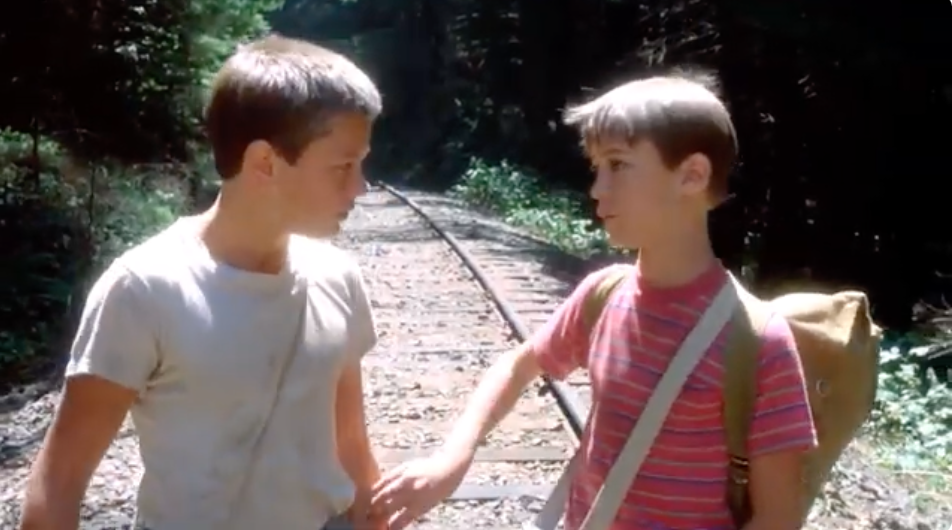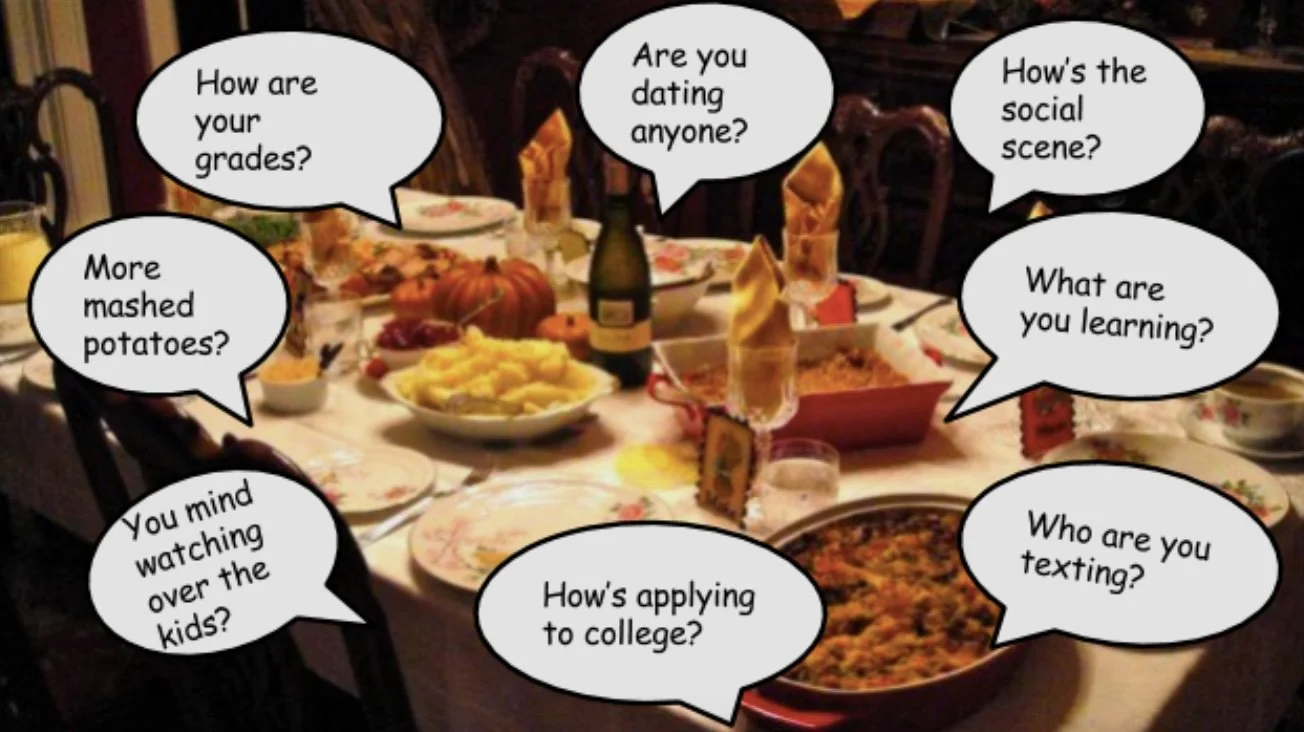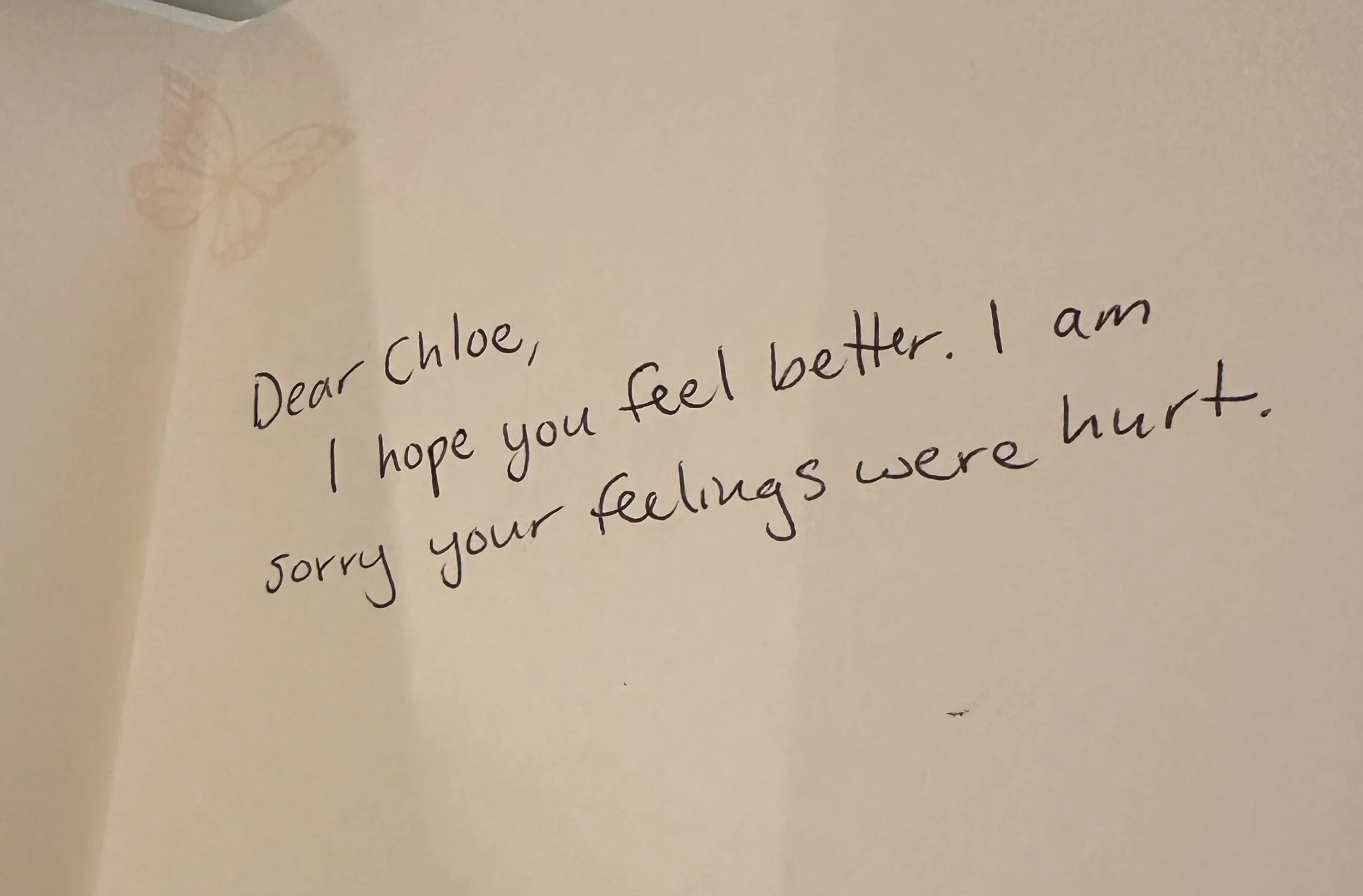
On Fate & Free Will: Why Rob Reiner’s Death Struck Such A Chord
Rob Reiner’s death felt like a tragic echo of a theme he explored repeatedly in his films; the tension between personal agency and forces beyond our control.

Home for the Holidaze 2: Making Gifting More Meaningful
If you’ve ever felt this way — if you’ve ever given a gift that felt a little hollow, or received one that made you wonder if the giver really knows you at all — this post is for you.

Home for the Holidaze: Finding Joy (Yes, Really) When Family Gathers
Even when we love each other deeply, we don’t always like each other. And that’s okay. It doesn’t make you a bad person. But you’re not stuck with things as they are — you don’t need to be a victim of your family dynamics. You can make things better.

Sorry, Not Sorry: Why We’re So Bad At Apologizing (And How To Get Better)
Whenever we want to understand why we as humans struggle with something — whether it’s apologizing, taking risks, or overthinking — the answer usually lies in our evolutionary wiring (our “caveman”/”cavewoman” brains).
